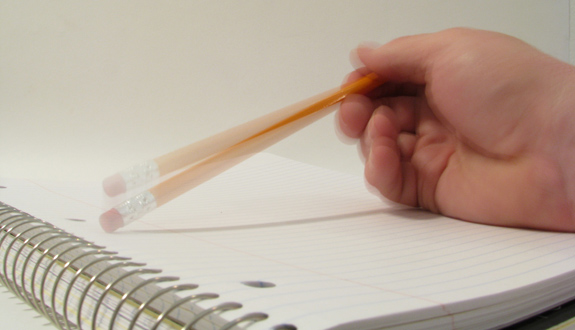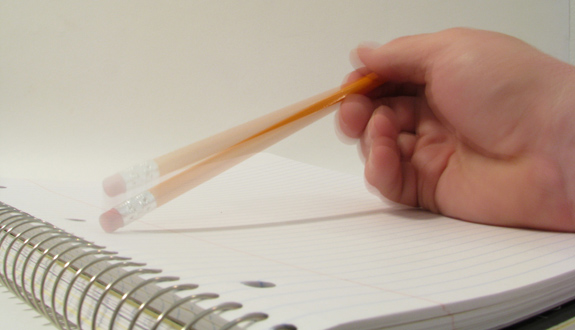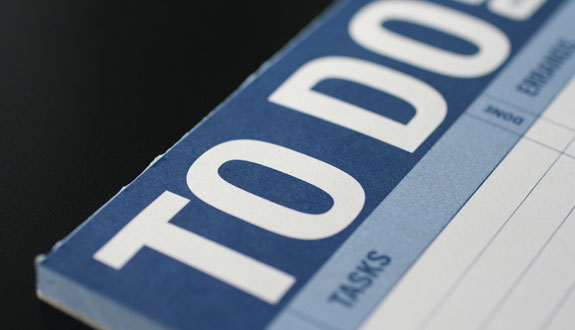
Studying for the LSAT is not as straightforward as some would think; there is a right way and a wrong way to go about it. To help ensure that you get as much out of your studying as possible, here are the top 10 mistakes students make while preparing for their LSAT date:
Trying to tackle too much at once: Preparing for the LSAT takes a lot of time; make sure you pick an LSAT date that allows you to put in the time to properly study. If you’re a full time student, working a part-time job, and holding an internship – consider waiting for an LSAT date when your workload won’t be so intense.
Not establishing a solid foundation from the beginning: The later, more advanced concepts build upon the earlier. For example, not learning how to diagram properly will do more than interfere with your ability to answer a few MBT questions – some of the hardest LR questions (sufficient, necessary, parallel) require a solid understanding of conditional statements. The same applies to understanding validity and arguments.
Marathon study sessions: Sure, four hours of straight LSAT study fueled by caffeine and desperation may sound like fun, but the LSAT is a skill based test, and skills are best learned with frequent shorter sessions of practice. Try and take breaks to keep refreshed. Don’t let yourself get to the point where your eyes glaze over and you start making careless mistakes.
Going too fast too soon: Timing should not be something you worry about until a couple weeks before your LSAT date. Trying to speed up now will only interfere with learning the methods. Speed follows skill – if you go slow and get better, you will get faster.
Ignoring Reading Comp Homework: Students commonly neglect RC HW because they think it’s boring or that they can’t improve. This is false (at least the latter), you certainly can improve, but if you don’t do the HW you certainly won’t. RC makes up just as much of your LSAT score as LR, so you should spend at least as much time practicing it. It’s there for a reason.
Not learning from your mistakes: You should spend as much time reviewing your mistakes as you spend doing problems. A mistake is a good thing – it’s an opportunity to learn and improve for next time, but only if you properly review it.
Trying to cram a few weeks before your LSAT date: Cramming works well for college classes (thank god) and knowledge based tests (hello GRE), but the LSAT is a skill based test. To improve, you need practice and time. Make sure you keep on top of your HW so you don’t need to cram the last few weeks before the LSAT date.
Rushing Homework: HW should not be viewed as an obstacle, or just as an item to check off your to-do list; it is an opportunity to learn and improve. Don’t try to rush through HW just to get it done. Go slow, review, and learn as much as you can from it.
Drinking before (or during) studying: A couple of drinks may sound like the ultimate way to relieve stress while studying, but logic is not one of those skills that improves with alcohol (like dancing). Drinking after studying is another story though…
Not distinguishing learning from performing: There is a huge difference between learning a skill and performing it – learning should be slow and methodical, and should be mostly shorter sessions to ensure you are fully engaged. Performing comes much later (a few weeks before your LSAT date) – that’s when you can speed up and have longer study sessions to build stamina.




